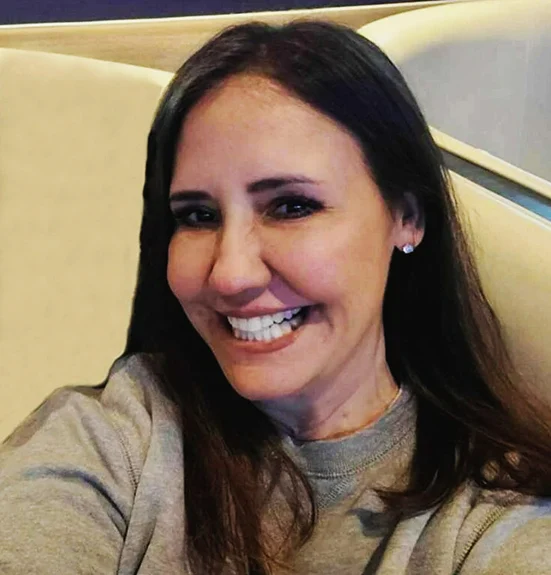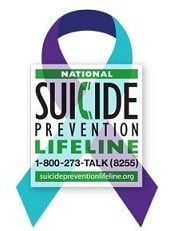Denial is an internal coping mechanism that we humans employ most-often to protect ourselves from the truth. We deny a loved-one has been killed in an accident; we deny that our friend has betrayed us. The pain of these realizations is so great, we hide deep inside and tell ourselves, “Oh, no. That’s can’t be so.” We can even act like nothing is wrong because oftentimes, we employ denial subconsciously, with no knowledge that we’re doing it. (Remember the steps of the grieving process? Denial is the first one.)
However, denial has nothing to do with truth. It has to do with how we accept the truth.
In chemical dependency, denial becomes more than a side-effect of addiction. It becomes a component necessary for the addiction to thrive. Consider termites. Their environment requires them to always have dirt, moisture and darkness. If one is missing, the organism dies. Think of denial as darkness.
How many times have you or someone you know said, “So-and-so has a drinking/drug problem. Why don’t they just quit?” Denial is a large part of the reason they don’t. It blinds them from their excessive behavior and from their inappropriate actions. After all, they say, “Why should I quit when there’s nothing wrong with me?” Even if told they will die if they don’t quit, it shouldn’t surprise you to see a reaction of, “Are you talking to me?” from the addict. The addicted person has no insight into his/her decisions because of denying the truth even to themselves.
In addition to being a coping mechanism, denial is also a maneuver used by chemically-dependent people when interacting with others. It can range from simple rejection of the truth (“I don’t have a problem”) to minimizing it (“Oh, maybe I drink a little too much sometimes, but it’s nothing I can’t handle”) to blatantly—and arrogantly—blaming any shortcomings on other people or circumstances (“If I didn’t have to provide for you and the kids, I wouldn’t have to drink to relieve all that stress”). Chemically-dependent people are often very dishonest—and this dishonesty is a form of denial. The sneakiness of the disease, however, is that even the addicted person is unaware they’re lying to, and ultimately hurting. themselves.
Denial is that fatal aspect of chemical addiction that locks affected individuals in destructive patterns that increase over time, that sense of self-delusion that tells them they’re okay even though they are spiraling dangerously downward. It is a huge component of alcoholism and chemical addiction, and so must be treated along with the physical symptoms of the disease.
For assistance with dealing with these issues visit Tracy Crain.






